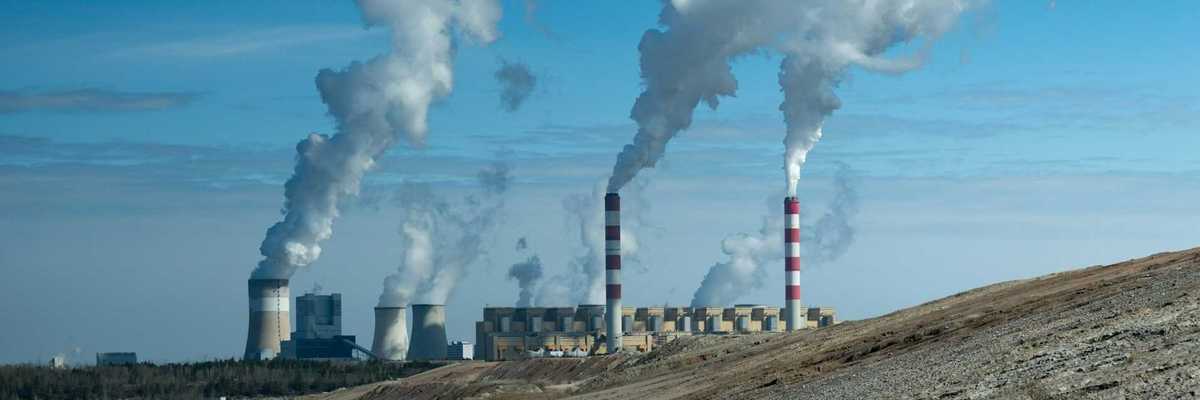resource extraction
Mining the heavens: companies pursue space resources
Mining asteroids could offer potential relief for Earth's resource strain.
In short:
- A new wave of companies, including AstroForge, aims to mine asteroids for valuable metals like platinum and cobalt, which are essential for electronics and electric vehicle batteries.
- Despite previous failures in asteroid mining, current prospects are bolstered by reduced rocket costs and favorable regulatory changes, sparking renewed interest.
- Innovations such as simulated extraction missions and telescopes for detecting asteroids are among the strategies companies are deploying to realize their cosmic ambitions.
Key quote:
“People were much more supportive of mining asteroids than other forms of frontier mining like mining the ocean floor, mining Antarctica, and mining the Alaskan tundra."
— Matthew Hornsey, University of Queensland, lead study author.
Why this matters:
Space mining presents a potentially less environmentally damaging alternative to terrestrial extraction, especially crucial for clean energy technologies. However, the challenges of space debris and ethical concerns about cosmic exploitation remain formidable.
Read more: In push to mine for minerals, clean energy advocates ask what going green really means.
Craig Pittman: These days, it’s Florida developers who are sneaking in and swiping natural resources from the public
I can always tell when I am in Santa Rosa County because it’s the place where developers are doing their dead-level best to cut down every single tree.
When deep-sea miners come a-courting
In a nutshell:
The Cook Islands government is keenly interested in exploring seabed mining for polymetallic nodules as a potential source of revenue for the country's post-pandemic economy. The nodules are rich in the mission-critical minerals necessary for the anticipated global green energy transition. However, there are ongoing disagreements about the environmental impact of such mining activities on fragile marine ecosystem and biodiversity, as well as concerns about the potential release of harmful chemicals and toxic metals into the water during mining operations.
Key quote:
“I think everybody believes we have a climate change emergency. Do we want to wait 10 years or 15 or 20 years [to address it]? Maybe, but how much longer do we want to keep using oil and gas, keep polluting our atmosphere, and continuing to create huge climate change issues?”
Big picture:
"The fix" as the old saying goes, may already be in. After a period of intense courting and lavish spending by multiple mining interests, exploration licenses were granted to three deep-sea mining companies. Prime Minister Mark Brown, who, thanks to recent changes to the Seabed Minerals Act, is also the minister of minerals, has referred to the highly-prized nodules as "golden apples" and delivered a withering rebuke of anti-mining interests last November at COP 27. Although an official decision on whether to proceed with mining won't be finalized until a seemingly perfunctory exploratory phase is deemed complete, official posturing and signaling from a handpicked, pro-mining advisory board indicate that this is a fait accompli.
Quest for coveted EV battery metals yields misery in Guinea
Rainforest reporting: Journalists discuss the challenges & dangers of Amazonia
We speak with journalists who have known and reported on Amazonia for years, and who also know the violence in the region like the back of their hands.
Big Sewickley Creek plan pits driller against watershed defenders
State environmental regulators are still reviewing a natural gas driller’s latest proposal to drain water from Big Sewickley Creek in Beaver County.









